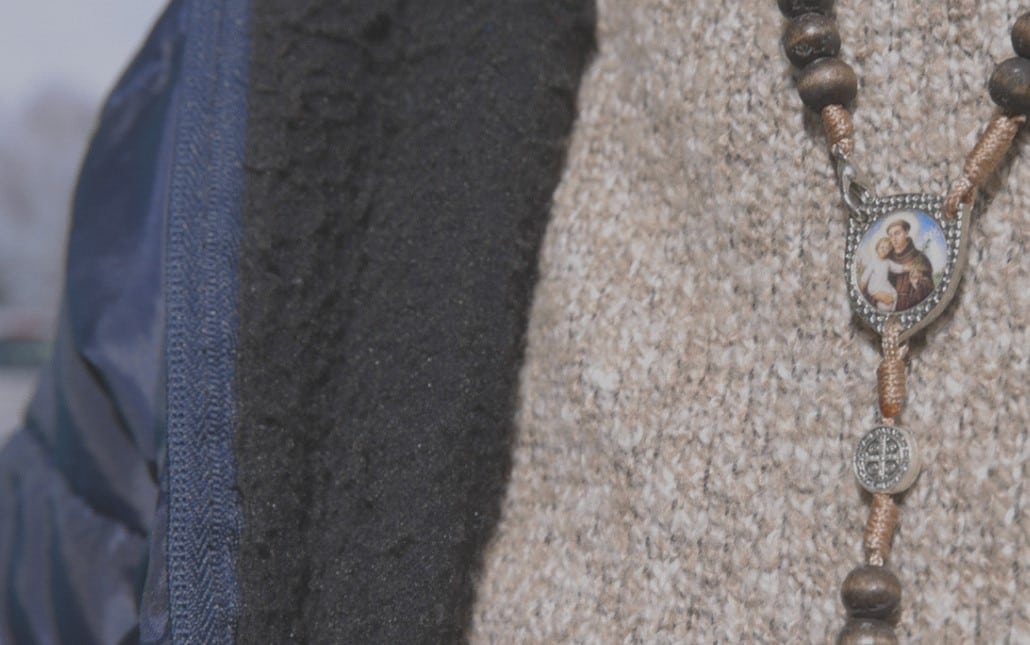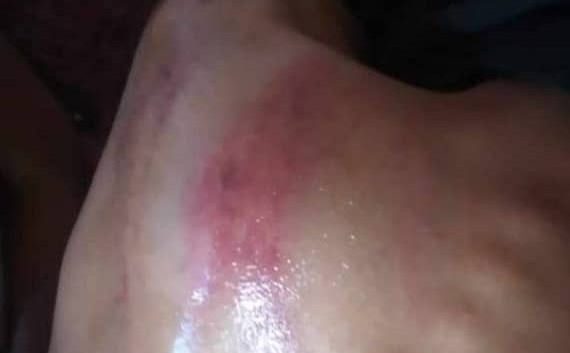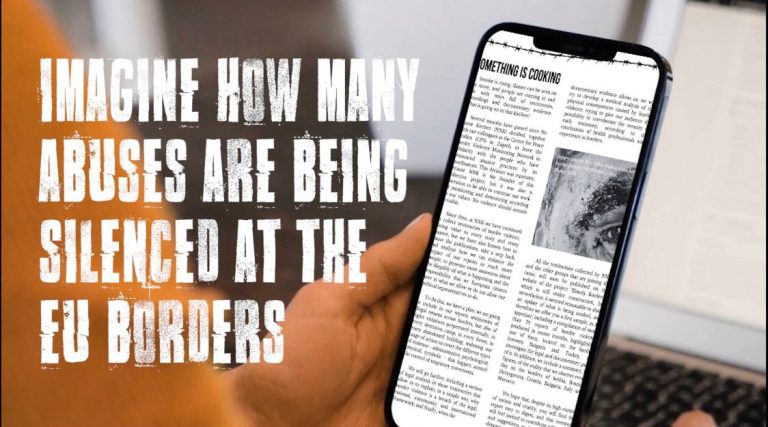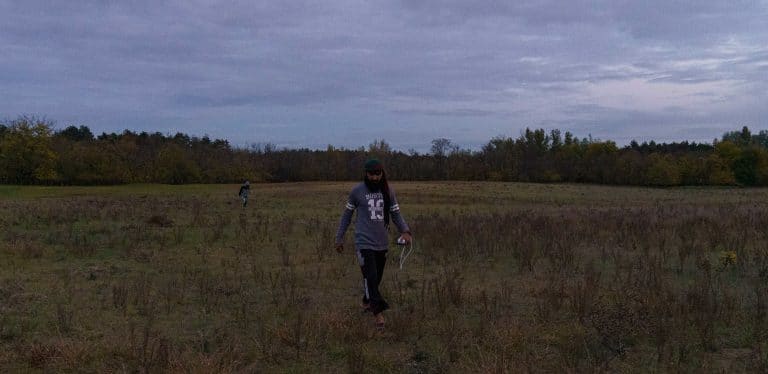By R. (the woman of the story who wants to remain anonymous) and Joe from the No Name Kitchen team in Bosnia
This is the statement from R. about why she left Sierra Leone and her most recent pushback. She is one of a small minority of Sierra Leoneans living in the Borici camp in Bihać at the moment after being illegally pushed back by the Croatian police 6 times. It is not the first time that in No Name Kitchen we share stories of people fleeing Sierra Leone, and then they find violence in Europe.
“I ran away from my country because of a secret society. My mother was a leader in that secret society, that was called ‘Sowei’ – a woman that circumcises women. My mother was a leader, when she passed away they said I have to take her position. As a Christian this is no good. Because that society is an evil society. Because what they are doing inside is manipulation. And they made women suffer a lot. The Sowei, they will beat you, they will do a lot of bad, bad things in the bush. You will be in the bush sometime 1,2,3,4 years.
So the day my mother died, that very day, that very night they came for me. They took me to the bush. And it was really, really painful. I suffered a lot. I have the proof on my body. So I was in that bush for more than 1 year. From the bush I escaped, someone helped me out. So I escaped from there and I tried to get myself to here, in Bosnia.
So when I’m here I wanted to try to go to another country but there is no way for me. I tried and tried but can’t succeed. Any time I make a move to go they push me back. So from there I decided to stay, because I am having pains that I came with from Africa then trying to go back I said, let me go another country, but there is no way for me.
It is not easy right now, it is not easy for me. I left my children. My children are all boys. And from December to April in my village it will be very hard for the boys and the girls because it is the time when they took them into the bush.
The boys they have their own society they call Poro society. And that Poro society too is just like the Sowei. Punishment is too much. My children don’t want it. Now that I’m not there, I don’t know how they act. If they’re going there. Whether they have taken them. Because they can’t play outside. You just see them coming, the big men. Those societies they come out. If they’re playing. They take them by force. They do it by force and bring them into the bush. Right now I don’t know what is happening. I haven’t for so long.”
The violent journey to seek safety in Europe
What’s your plan now you are in Bosnia?
“I seek asylum. If I get my asylum I may like to come meet them.”
How did you come to Bosnia?
“It was someone who helped me. I travel by plane from Sierra Leone to Kosovo. We were reaching Kosovo at night. So from there we walk. We walk to here. We walked from Kosovo to Serbia, then we rest for two/three days. We were many.”
R. recounts her most recent pushback by the Croatian police:
“From here [Bihać] we take a taxi and from a village we walked. We walked from there to a village on the Croatian border. So from there they pushed us back. They saw us, the police, arrest us, they saw us and they pushed us back. It was one police who saw us. From there he called for more police. When they came, they came with a push back car. Like a van. It was not only us. There were Arabs. There were women. We were more than 60. Our group we were 12.”
Were you women? Men?
“The women we were 5.”
And where were you from?
“Congo, Sierra Leone, Cameroon.”
And when you arrived in the village in Croatia you found more people there?
“Yes. Arabs.”
What did the police say to you?
“They asked for our phone, we gave them to them. When they push us back they give us back our phones.”
You were all pushed back in the same van?
“3 vans, there were 3 vans.”
When we last spoke you said the police checked if you had money?
“Yeah, they check us. They check if we have money but we have no money. Remove your things, they check all of us.”
There wasn’t any physical violence from them?
“No. Not that day.”
R. explains how after being pushed back the Bosnian taxis treated them:
“When they pushed us back the place where we stand we call a taxi. Two taxi, because we were many. These two taxis, we told them we were coming to Bihać, Borici camp. They said ok. They said 50 euros. That was my last money in my hand. Then they said we should pay before we entered the taxi. We paid. 450 euros.
When we reached the forest, they dropped the other group. They said they should drop [us too] in the forest, the middle of the forest. We don’t even know where we are. Our taxi too said we should come down [get out]. We said ‘why?’ He said other taxis are coming for us and he is not going to Bihać. We said we paid you already and you told us we are coming [to Bihać]. They said no taxi, no bus is coming here. We said no we are not getting out. So the driver took us far away from the first group.
So where he go and dropped us, he told us another taxi is waiting for us, [we were] not knowing that the taxi man who dropped the first group is the one who he called and said we should stand there and wait for, as if he was going to take us. It was like between Serbia and Bosnia, very far they drop us. They ran away. In the bush. These taxi people, they ran away and left us.
Then we had to walk and go back and meet the other group. We walked for 4 hours at night. So we are all there, Bosnian police came, they ask us, we explain to them. They said, ‘you people, you don’t know that this place is dangerous here, wild animals are here.’ We said, ‘We don’t know. We paid for a taxi and they dropped us here.’ So they ask us if we know the number plates. We say we don’t know. So from there they help us, the Bosnian police. They call another taxi. Another police car came. And they brought us to a bus stop very far away. So we were at the bus stop. We slept there until the next morning. So the bus came. We took the bus. We change. When we took the first bus it took us to one village. Then we took another bus to Bihać.”





